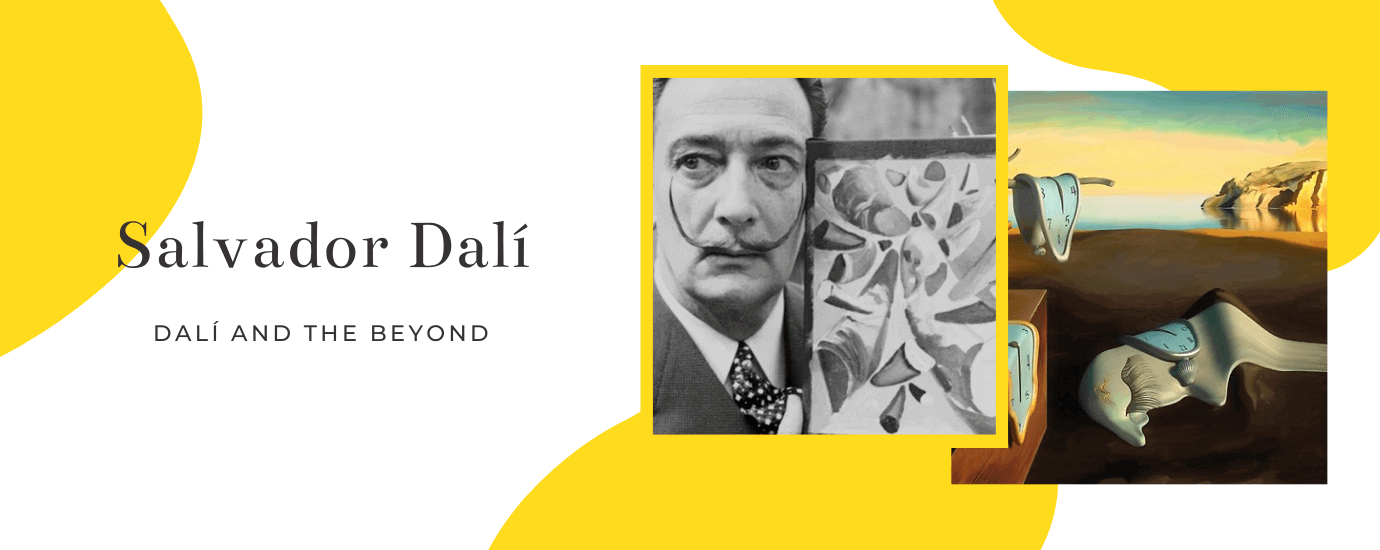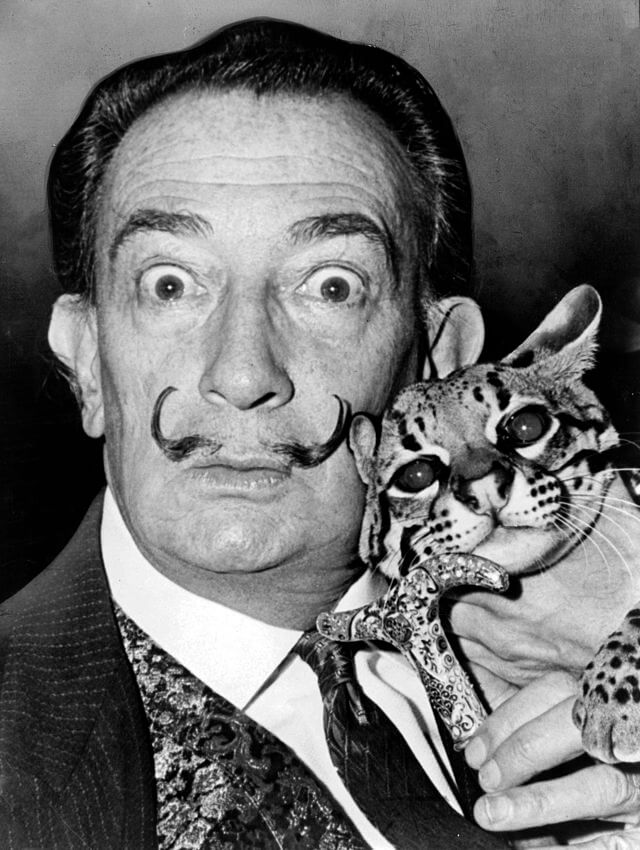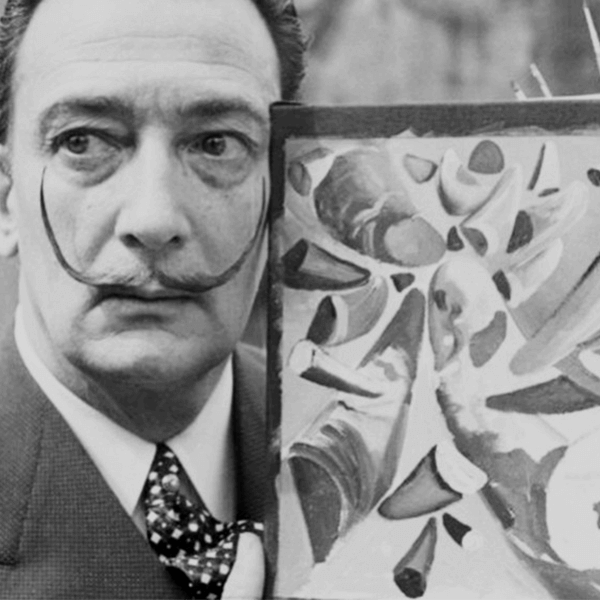Death is the beginning of immortality
All begins for Salvador Dalí with the death of his elder brother.
While he was only 5 years old, his parents took him to the tomb of his brother, also named Salvador, and confided to him that he was the reincarnation.
From that moment on, Salvador Dalí will not cease wanting to claim to the whole world his uniqueness.
Haunted by the ghost of his brother; "I was born double. My brother, the first attempt of myself, an extreme genius, and therefore unsustainable, had nevertheless lived seven years before the accelerated circuits of his brain caught fire."; Dalí finds refuge in eccentricity and provocation.
In contact with the painter Ramón Pichot, Dalí discovers Impressionism and participates in several exhibitions from the age of 14. 2 years later, Dalí loses her mother who is sick with cervical cancer.
This episode is a real blow for the artist who was very close to his mother: "I loved her. I could not resign myself to the loss of a being with whom I intended to make invisible the inevitable tasks of my soul.”
In spite of the mourning, Dalí joined the following year the Royal Academy of Fine Arts of San Fernando.
The artist cultivates a look of dandy and does not leave his comrades indifferent.
Dalí is a beast, attracting all the attention.
At school he became friends with the poet Federico Garcia Lorca and the director Luis Buñuel.
Together they look into the studies of Sigmund Freud and Dalí is more and more interested in Dadaism.
In the run-up to the final examinations, Dalí, an incorrigible megalomaniac, says that no one is able to examine him and is expelled from the Academy.
From that moment on, Salvador Dalí will not cease wanting to claim to the whole world his uniqueness.
Haunted by the ghost of his brother; "I was born double. My brother, the first attempt of myself, an extreme genius, and therefore unsustainable, had nevertheless lived seven years before the accelerated circuits of his brain caught fire."; Dalí finds refuge in eccentricity and provocation.
In contact with the painter Ramón Pichot, Dalí discovers Impressionism and participates in several exhibitions from the age of 14. 2 years later, Dalí loses her mother who is sick with cervical cancer.
This episode is a real blow for the artist who was very close to his mother: "I loved her. I could not resign myself to the loss of a being with whom I intended to make invisible the inevitable tasks of my soul.”
In spite of the mourning, Dalí joined the following year the Royal Academy of Fine Arts of San Fernando.
The artist cultivates a look of dandy and does not leave his comrades indifferent.
Dalí is a beast, attracting all the attention.
At school he became friends with the poet Federico Garcia Lorca and the director Luis Buñuel.
Together they look into the studies of Sigmund Freud and Dalí is more and more interested in Dadaism.
In the run-up to the final examinations, Dalí, an incorrigible megalomaniac, says that no one is able to examine him and is expelled from the Academy.









